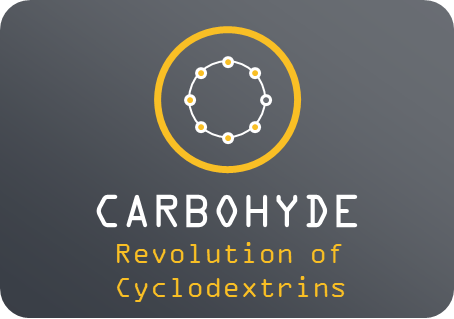New pipeline asset
CarboHyde announces the development of a new pipeline asset in an undisclosed partnership: we will work on the optimization, scale-up, and industrialization of a novel, carbohydrate-based non-viral gene delivery system which provided promising results in proof-of-concept preclinical studies. We expect the technology to be widely compatible with different oligonucleotides and become a safer alternative to currently used LNPs.






